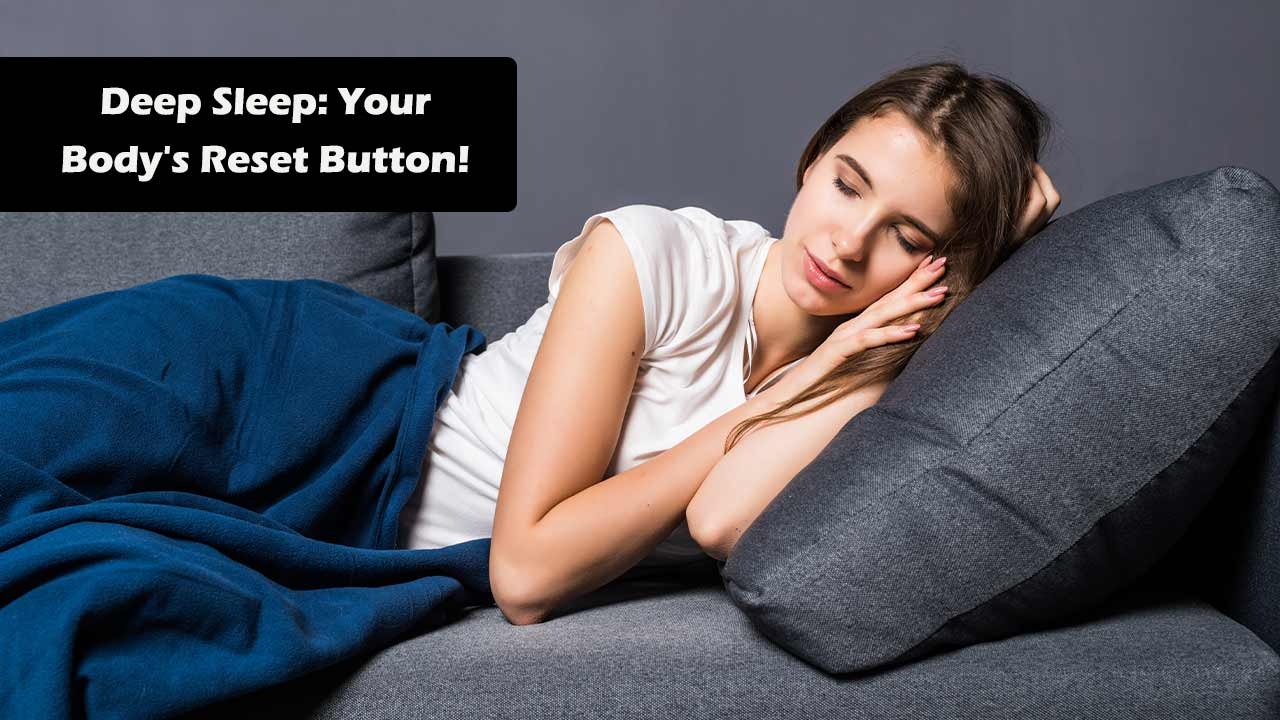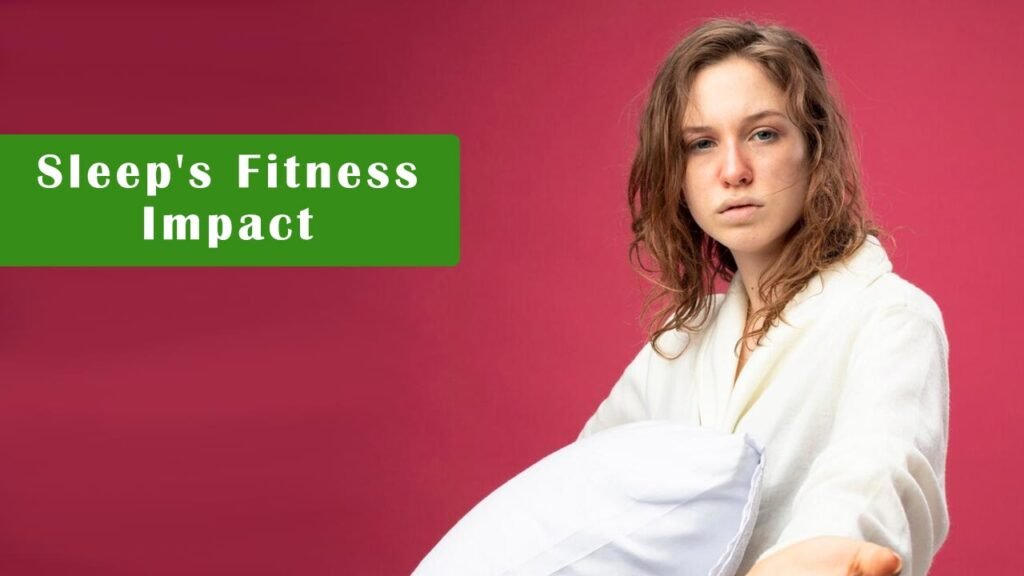- Adults typically require 1.5–2 hours of deep sleep per night, making up about 20% of total sleep.
- Deep sleep declines with age, but quality sleep habits can help compensate.
- Missing deep sleep impairs memory, weakens immunity, and slows recovery.
- Improve deep sleep by keeping a consistent schedule, reducing evening caffeine, and sleeping in a cool, dark room.
Why Deep Sleep Is Non-Negotiable for Your Health
Deep sleep, also known as slow-wave sleep, is the most restorative phase of your sleep cycle. During this stage, your body undergoes critical repair processes—muscles rebuild, the immune system strengthens, and your brain consolidates memories. Without sufficient deep sleep, you may wake up feeling exhausted even after a full night’s rest, struggle with focus, and face long-term health risks like cognitive decline and weakened disease resistance.
But how much deep sleep is truly necessary? The answer depends on factors like age, lifestyle, and overall health. Let’s break down the science behind deep sleep needs and how you can optimize it.
How Much Deep Sleep Do You Need? (By Age Group)
Research shows that deep sleep requirements change throughout life:
- Adults (18–64 years old) need 1.5–2 hours of deep sleep per night, roughly 20% of total sleep.
- Older adults (65+) experience a natural decline, often getting less than an hour of deep sleep.
- Children and teenagers require more—up to 3 hours—to support growth, brain development, and learning.
While deep sleep peaks in early childhood and gradually decreases with age, prioritizing sleep quality can help maximize its benefits regardless of age.
The Consequences of Deep Sleep Deprivation
If you consistently miss deep sleep, your body and mind suffer in multiple ways:
- Memory and learning decline – Deep sleep helps transfer short-term memories into long-term storage. Without it, recalling information becomes harder.
- Weakened immune function – This sleep stage triggers the release of growth hormones that repair cells and fight infections. Less deep sleep means slower recovery.
- Poor physical recovery – Athletes and active individuals rely on deep sleep for muscle repair and energy restoration.
- Higher risk of chronic diseases – Studies link insufficient deep sleep to Alzheimer’s, heart disease, and metabolic disorders.
Even one night of poor deep sleep can leave you groggy, but long-term deficits have serious health implications.
How to Get More Deep Sleep Naturally
Since you can’t force your brain into deep sleep, the best approach is creating optimal conditions for it. Here’s what works:
1. Maintain a Strict Sleep Schedule
Going to bed and waking up at the same time every day (even on weekends) trains your brain to enter deep sleep more efficiently. Irregular sleep patterns disrupt this process.
2. Optimize Your Bedroom Environment
- Temperature: A cool room (60–67°F / 15–19°C) helps lower your core body temperature, signaling that it’s time for deep sleep.
- Darkness: Even small amounts of light interfere with sleep depth. Use blackout curtains or a sleep mask.
- Quietness: White noise machines or earplugs can block disruptive sounds.
3. Avoid Caffeine and Alcohol Before Bed
Caffeine blocks adenosine (a sleep-promoting chemical), while alcohol fragments sleep, reducing deep sleep cycles. Limit caffeine at least 6 hours before bedtime and avoid alcohol close to sleep.
4. Exercise—But Not Too Late
Regular physical activity increases deep sleep, but intense workouts within 3 hours of bedtime can have the opposite effect.
5. Wind Down with Relaxation Techniques
Stress and anxiety are deep sleep killers. Meditation, deep breathing, or gentle stretching before bed can calm your nervous system and improve sleep quality.
Common Deep Sleep Myths
❌ Myth: “You can make up for lost deep sleep on weekends.”
✅ Fact: While extra sleep helps, it doesn’t fully reverse the damage of chronic sleep deprivation. Consistency is key.
❌ Myth: “More deep sleep is always better.”
✅ Fact: Excessive deep sleep (rare) can indicate health issues like depression or sleep disorders. Balance matters.
❌ Myth: “Sleep trackers give perfectly accurate deep sleep data.”
✅ Fact: Wearables estimate deep sleep but aren’t as precise as lab tests. Use them as a general guide, not absolute truth.
Final Thoughts: Deep Sleep Is a Pillar of Health
Deep sleep isn’t a luxury—it’s a biological necessity. While most adults need 1.5–2 hours per night, the key is prioritizing sleep quality through consistent habits, a sleep-friendly environment, and stress management.
By making small, sustainable changes, you can enhance deep sleep, boost daytime energy, and protect long-term health. Your brain and body will thank you.
Found this helpful? Share it with someone who needs better sleep! 💤
FAQs
Can you measure deep sleep accurately at home?
Consumer sleep trackers (like Fitbit and Apple Watch) provide estimates, but polysomnography (a sleep lab test) is the gold standard for measuring deep sleep.
Do naps help with deep sleep?
Short power naps (20–30 minutes) can be refreshing, but long naps may reduce deep sleep at night.
Does melatonin increase deep sleep?
Melatonin regulates sleep timing but doesn’t directly boost deep sleep. Magnesium and glycine may support relaxation and deeper sleep.
Why do I still feel tired after 8 hours of sleep?
Possible reasons include poor sleep quality, stress, or an undiagnosed sleep disorder like sleep apnea, which disrupts deep sleep.
Can diet improve deep sleep?
Yes. Foods rich in magnesium (almonds, spinach), tryptophan (turkey, eggs), and complex carbs (oatmeal, sweet potatoes) promote better sleep cycles.


